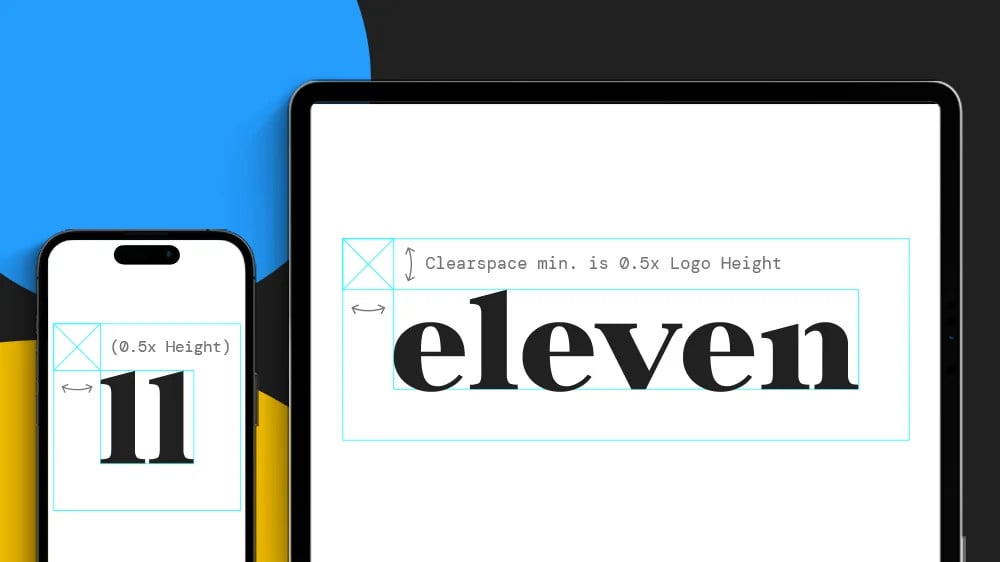Give some context
Providing as much background as possible is always important in a brief. It’s helpful to understand what your marketing objectives are and how they align with your business goals. Do you need to communicate new research to health professionals? Do you need promote student safety across campus?
Focus on the problem you’re trying to solve as opposed to the output. As an agency, we’re interested in the impact you’d like to have and can help you to decide if a PDF, for example, is the solution you need. This kind of information will help bring your brief objectives to life and ensure your agency creates a proposal that delivers on the desired outcomes.
Tell us about your audience
Understanding who we’re talking to is key to getting it right. With this information, we can suggest appropriate channels, platforms, visuals, mediums and messaging that will resonate with your audience.
Often, we’ll recommend focus groups or audience workshops, to really dig down into your target audience. Demographics can only tell us so much and understanding what barriers, goals and values impact your audience lays strong foundations for winning strategies and memorable creative work.
Provide a budget
Set realistic timescales
A good proposal takes time. We understand that naturally you’ll want to keep things moving forwards, and we certainly don’t want to get in your way. But it’s really important to give your agency a week (or two preferably) to pull together a decent proposal that answers what you’re looking for.
The same logic also applies to the timescales you’re setting for the overall project. If time is tight for completing the work, you limit the time to explore ideas, feedback to your team, and make the most of your project. With a realistic schedule your agency partner will have the time to exceed your expectations. Also bear in mind that although agencies will do their best to accommodate a quick turnaround project, it isn’t always possible.
What’s next?
A good brief sets the tone for your relationship with your marketing agency. The bottom line is that both you and your agency want to do a great job, so it makes sense to lay firm foundations with a well thought out brief to build on.
At Eleven, we pour our heart and soul into cracking your brief to create a project with impact. If you’re not sure where to start, we can work with you to co-create a winning brief to define the problem to be solved, turn your goals into actionable strategies and create award-worthy work.
Get in touch to find out more.
Originally published:
February 17, 2023
Updated:
September 6, 2023





